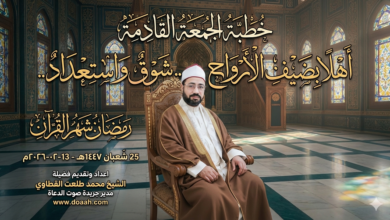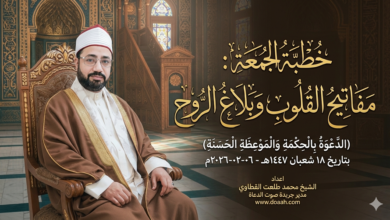The Necessity of Collective Ijtihad

Our communities have suffered from odd fatawa and opinions and from the yearning of some unqualified and unspecialized persons looking for fame, prestige or ostentation for odd and strange opinions just to attract attention or serve the interests of their groups or organizations.
Collective ijtihad increasingly becomes more urgent by day when considering the large number of modern issues and developments, the related details, interrelationships and sensitivity as well as the apparently conflicting views and opinions of some early scholars and jurists, who issued fatawa befitting their life, time and place. More to the point, some unqualified and unspecialized persons, who are unaware of ascertaining the effective cause of rulings, extend some rulings to new cases entirely different from the original cases due to their ignorance of realities and the conditions of sound analogy.
It is in this context that the invitation of his Excellency the Grand Sheikh of Al-Azhar Prof. Dr. Ahmad al-Tayyib appeared in his speech in the opening of the general conference of the Supreme Council of Islamic Affairs held in Luxor under the title: “Imams and Preachers Vision of the Renewal of Religious Discourse and the Decomposition of Extremist Ideology.” He called for adopting the collective ijtihad to which senior scholars from all over the world, who are noted for their concern for the nation and its problems, shall be invited. They shall bravely address the controversial and undecided issues, especially those related to:
- Terrorism
- Determination of the meaning of Dar al-Islam
- Joining the armed violent organizations
- Rebellion against and hate of society, making it lawful to violate the blood of citizens by murder and explosion
- Human rights issues
- Freedom
- Social and societal issues such as:
- Women issues
- Determination of the beginning of Islamic lunar months by astronomical calculations
- Issues of Hajj, especially assuming the clothes of Ihram in Jeddah for air and sea travelers and throwing pebbles at all times among many other exigent issues they find it their national duty to study and sort out.
The Muslim leadings muftis shall be motivated and encouraged to issue fatawa that impose hard work and forbid laziness and failure to do one’s duties provided that such fatawa shall be precisely written apart from ambiguous terms and general legal texts that are impractical and fail to change the reality.
It is no doubt that this collective ijtihad would greatly and constructively contribute to the elimination of odd opinions and the elimination of the causes of extremism summarized by the last general conference of the Supreme Council of Islamic Affairs as follows:
- Intellectual isolation, rigidity, blind imitation, misunderstanding, strict adoption of literalistic interpretations of texts, shifting away from the objectives and ultimate ends of fiqh-related texts, misconceiving the universal rules of legislation and allowing unqualified and unspecialized persons to lead the Da‘wah missionary activities.
- Some groups and organizations abuse the religion taking it a means to achieve some political and partisan interests giving precedence to their interests over the high national and religious interests. Meanwhile, the spiritless practices in religion and religious politics dominate over the sincere devotional practices sincerely intended to Allah alone.
- Some colonial powers succeeded to recruit agents in many Arab and Muslim countries by means of reciprocated interests, vicious promises to some groups, or even bribery and purchase of their conscience.
Nevertheless, this collective ijtihad could lead to a great extent of ecumenism among scholars and eliminate many of the causes of division and disagreement which would undoubtedly contribute to the unity of the nation, especially in the face of the odd, deviant and extreme ideas.












